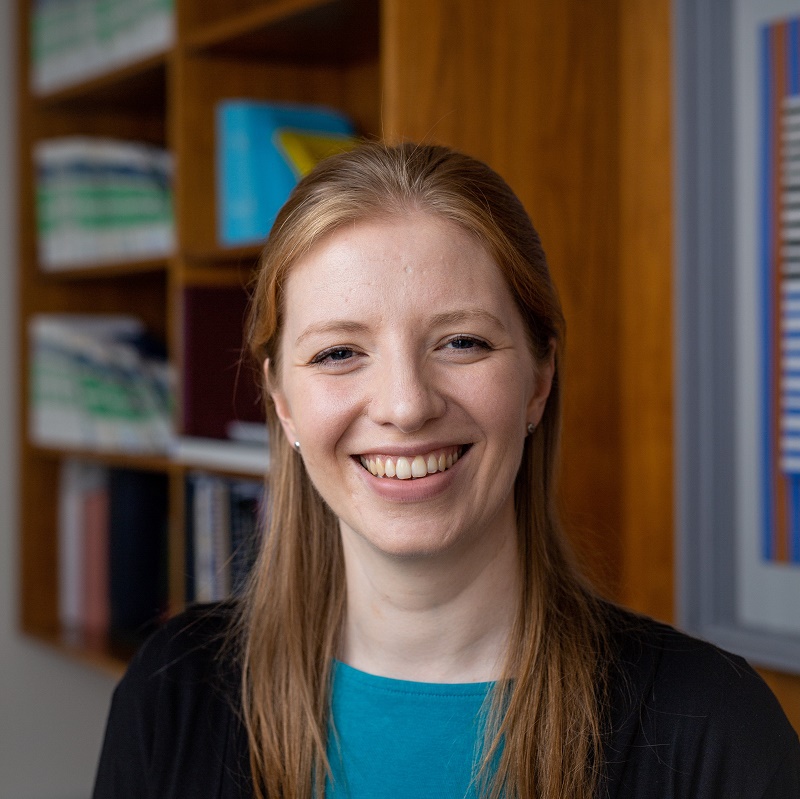On 19 August, Dr Susan Haines joined the College as our new Admissions Tutor. Prior to joining the College, Susan was Undergraduate Admissions Tutor at St Edmund's College – our nearest neighbour. Susan is also a physicist, carrying out her research with data provided by the Large Hadron Collider at CERN in Geneva.
We caught up with Susan to find out more about her and her plans over the coming months.
Welcome to Murray Edwards Susan. How does it feel to be here?
I am delighted to join the College and am looking forward to meeting and working with its diverse community of students, staff and Fellows.
Can you tell us a bit more about the role of Admissions Tutor? What are your priorities for the upcoming academic year?
The Admissions Tutor is responsible for all undergraduate recruitment and selection procedures at the College – from initial contact with prospective applicants through to them taking up their place at Cambridge. Alongside this, the Admissions Tutor works with the admissions teams to lead the College's widening participation and outreach activities, and represents the College on admissions-related matters both within and outside the University.
Murray Edwards has been supporting the development of outstanding women from all backgrounds since 1954, and my priority is to ensure the College continues to build on this tradition. We admit around 105 undergraduates each year, and I will work with the Senior Tutor and Directors of Studies to select the applicants who will benefit most from the opportunities Cambridge has to offer. We must also promote our work with exceptional young women so they are best placed to fully realise their academic potential and have the confidence to deal with the scenarios they will face in the future.
Has anything surprised you about your chosen career path?
The fact that I have been successful in research but have also been able to diversify into a more wide-ranging role, building on many of the skills and techniques I learned while studying physics. A female teacher at school advised me to study physics, another opened my mind to applying to study at Cambridge and my female supervisor in the physics department helped, pushed and encouraged me to continue with an exciting and novel area of research. I have been able to make choices and apply myself to situations that I would never have imagined possible a few years ago.
What is your research focused on at the moment?
I am a member of the LHCb experimental collaboration and my research focuses on making precision measurements of a phenomenon called CP violation. This effect is important is explaining the differences in behaviour between matter and antimatter, and therefore the dominance of matter over antimatter we observe in the universe today.
What's the best piece of advice you've received?
If something seems interesting to you, then it is worth investigating and making an attempt to progress in that field, be it academic, creative or simply good fun!
How do you spend your free time?
My real passion is music; I have sung in choirs since childhood and play several musical instruments. I also enjoy reading, travelling in the UK and overseas, and generally being outdoors. Over the past few years, I have been learning to make silver jewellery, which provides a great creative outlet away from the office and research.